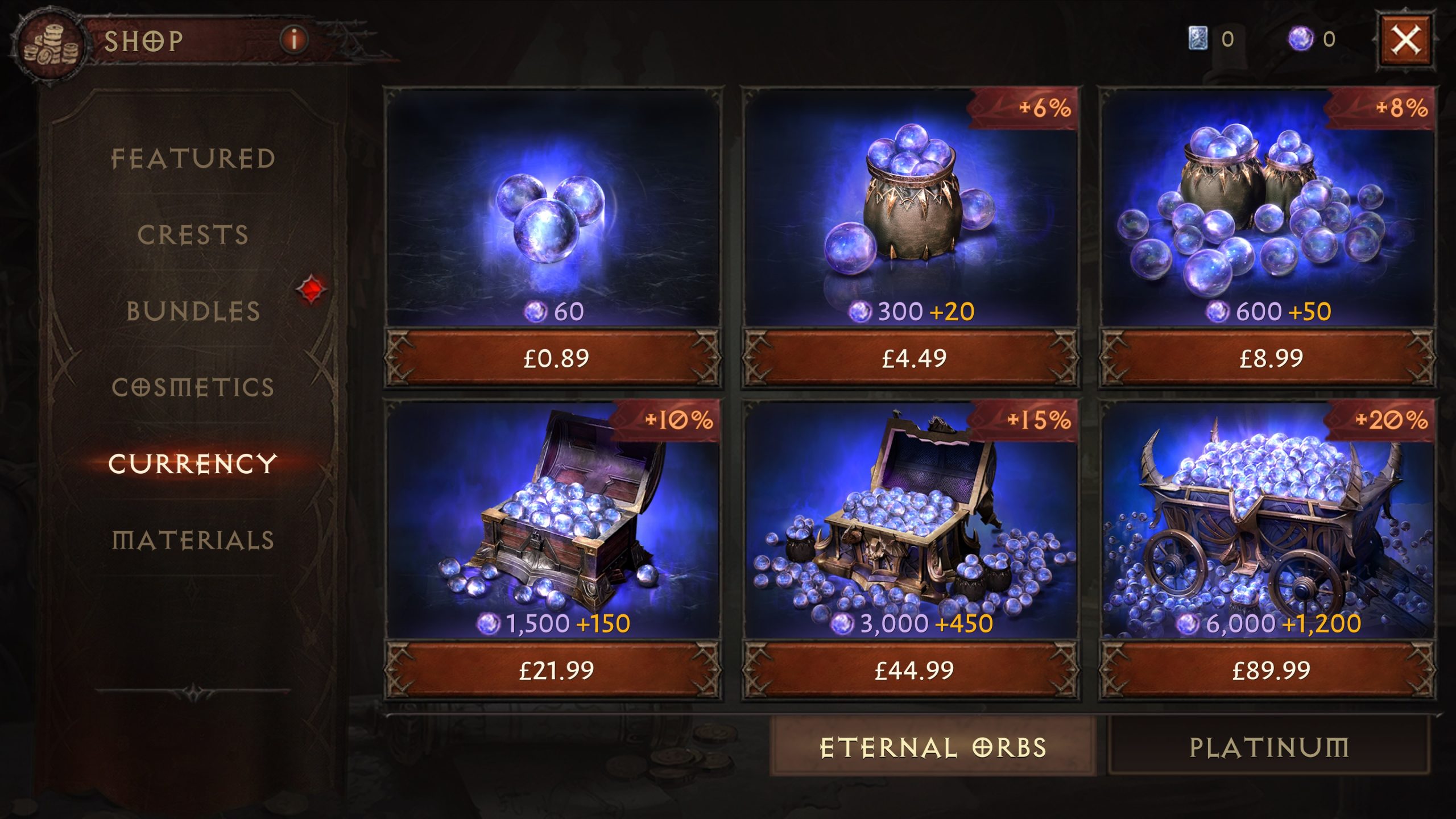


Right now there are a variety of different game developer/publisher business models in the gaming industry, some of which I find objectionable and/or unfair where as others I find ludicrous and frankly dangerous such as ‘video game gambling’.
When I started gaming as a child in the 90’s there was only 1 business model. Companies would develop and publish a complete game which would be sold to consumers via a retail outlet. The cartridge or disk or even cassette would slot in to your console/computer and you would either find it to be a good game or a bad one. Either way the game would be complete and while I wouldn’t necessarily say it would be bug/glitch free, through necessity it would be a polished product. Today all modern games consoles and computers utilize high speed internet connections allowing developers to release updates/patches after their game is released to the market. I don’t mind this and actually support it as long as the game is complete and that the updates are forthcoming and made available fairly quickly. More and more often however games are released incomplete or with significant flaws that any tester would easily spot and report before the decision is made to release the game. This leads me to believe that either there are games which undergo no QA testing or that a game is released that way intentionally to meet deadlines and to ‘cash in’. I think that it’s OK when independent game developers do this when they freely admit that their game is in its BETA phase and sell it at a discounted rate. This manages the expectation of the gamer who will one day expect the complete game but will in the meantime have the opportunity to help steer its development through feedback and testing while at the same time financially supporting the developers while they finish the game. Despite my misgivings, I do generally approve of this way of developing, publishing and selling games.
Subscription based games are another business model I generally approve of. My only reservation however is that it seems a bit strange to purchase a game only to then not be able to play it unless you pay a subscription. Should you cancel your subscription you can no longer play the game, even though you bought it. Right now for example you can buy the base edition of World of Warcraft Dragonflight for £39.99 but you will not be able to play it unless you subscribe and pay at least an additional £9.99 for 1 month of play time. There is something about that which doesn’t feel quite right, I kind of wish the subscription was say £11.99 and you didn’t need to buy the game or that by paying £39.99 consumers would get say 3 months of game time included but will need to pay £9.99 a month thereafter if they wish to continue playing. Even the ‘heroic’ version of WoW Dragonflight costs £54.99 and doesn’t include any game time.
What I don’t much approve of is ‘micro transactions’ which are ‘items’ or services usually sold within the game client. A lot of the time it’s harmless cosmetics such as skins or objects which merely change the way your avatar looks and gives the player no competitive advantage. I have no problem with that and encourage it. When games sell ‘items’ or services which give a player an advantage over players who do not pay it becomes a ‘pay to win’ game which I personally do not find fun and is why I struggle to enjoy games such as EVE Online and Magic: The Gathering Arena. Usually however, pay to win games are free and there is a means in which to ‘grind’ and eventually obtain whatever advantage a pay to win gamer has. To be fair I do not wish to be excessively critical about games which allow you to play for free, but most of the time they’re not for me. EVE Online is possibly the only exception because it wasn’t always that way and I have many fond memories playing it.
By far the worst micro transaction and game business model however is what I am calling video game gambling. These games are the same as pay to win but the player doesn’t actually know what they’re going to get for their money. Instead players hope they will get lucky and get what they want from an in-game pack or ‘loot box’. One person for example spent more than $100,000 which is nearly £80,000 or €90,000 on their Diablo Immortal character shortly after the launch of the game. I also hear that the FIFA games are no better in which players will buy FIFA points that are used to buy ‘packs’ which hopefully contain the players they want for their football squad. What’s worse is that the FIFA games aren’t even free to play, right now FIFA 23 is on offer and is £27.99 down from £69.99! I learned from a friend not too long ago that Diablo Immortal and other games which do this are actually banned where he lives in The Netherlands and some other European countries. He also told me that an Austrian court has said that these FIFA packs constitute as gambling and has ordered Sony to issue refunds. Usually I don’t like it when the state steps in to tell consumers how or what to consume but in this case, bravo! Gambling is dangerous, it’s addictive and can destroy peoples lives and in my opinion has no place in a video game.
Years ago I did a study about gambling and the effects it has on people. While doing so I found out that a manager of one of the local shops near where I live killed himself in the shops stores room because of his gambling addition, leaving his wife without a husband and with martial debt she was completely unaware of. Please, don’t be that guy, if you have a problem seek help and check out this Gambling Aware website. It might just save your life.
Leave a comment